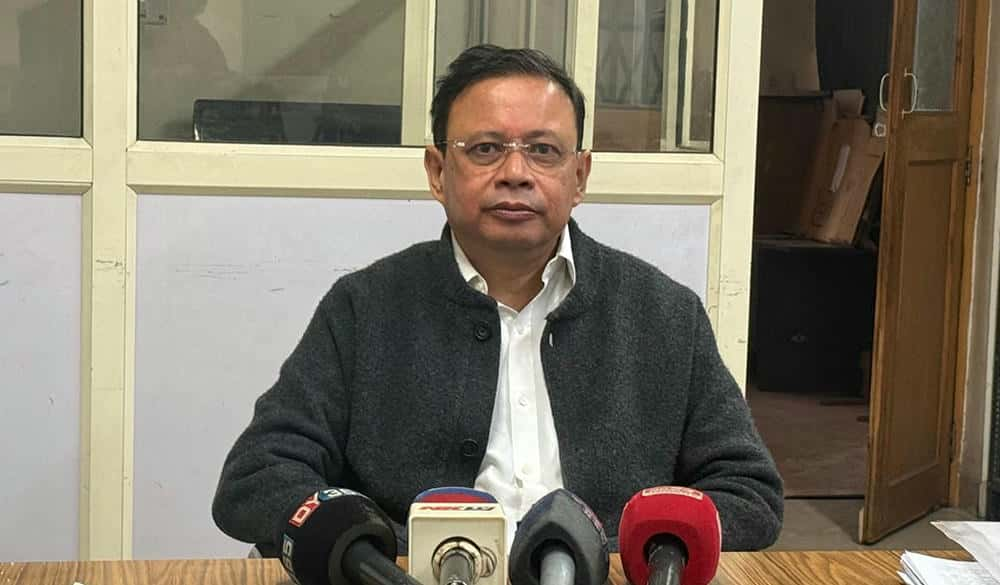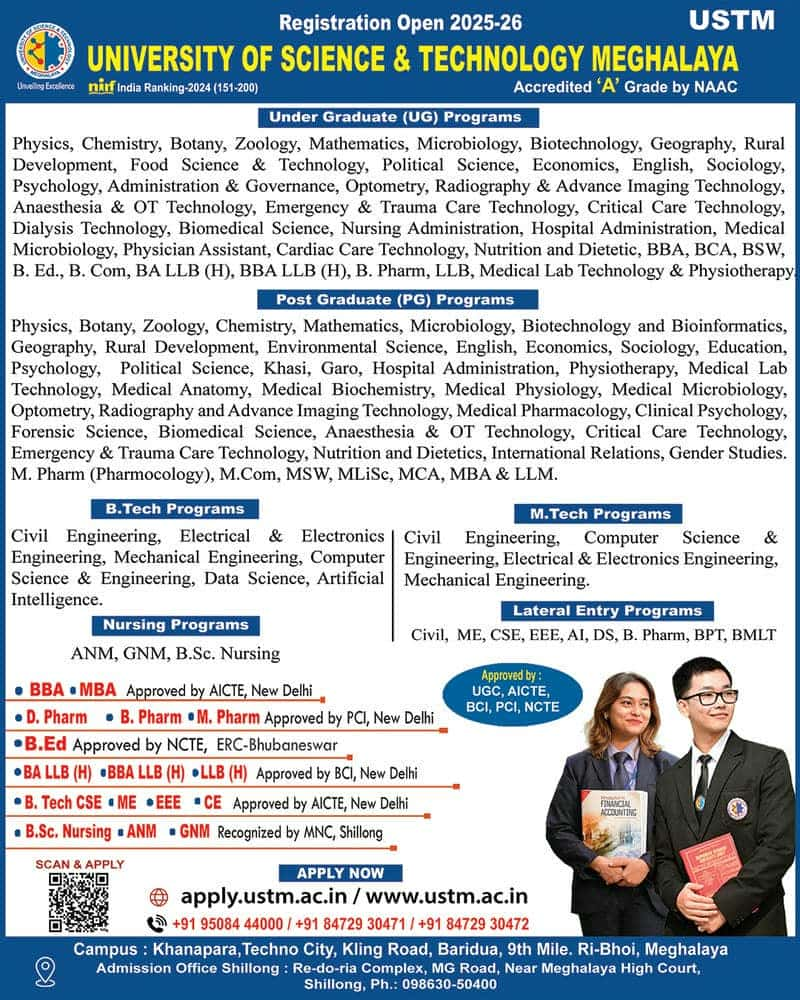Garukhuti cow scandal: PVM accuses CM of betrayal, claims land and resources looted from indigenous communities

The Prabajan Virodhi Manch (PVM) has launched a sharp attack on the Assam government over the alleged secretive diversion of exotic breed cows from the Garukhuti Bahumukhi Krishi Prakalpa in Sipajhar. PVM convenor and Supreme Court lawyer Upamanyu Hazarika accused Chief Minister Himanta Biswa Sarma and other political leaders of enriching themselves under the guise of protecting indigenous interests.
Hazarika alleged that influential politicians—including Minister Jayanta Malla Barua—have taken cows meant for the Garukhuti project without transparency, turning a public benefit scheme into a political resource grab. “This is not just another scandal,” Hazarika said. “It shows how leaders have cheated the indigenous people in the name of expelling foreigners,” he said.
The Garukhuti project was launched by the Assam government on land reclaimed from alleged Bangladeshi-origin encroachers in the Sipajhar Revenue Circle. At its inception in August 2021, Chief Minister Sarma promised to free all 77,420 bighas (approx. 26,000 acres) of encroached land and build a model agriculture-dairy project that would “feed all of Guwahati.”
While over 6,000 bighas were cleared during eviction drives, local indigenous villagers and cowherds—who had long used the land for grazing and seasonal farming—were barred from accessing the freed land. Over 90% of the encroached land reportedly remains untouched.
Hazarika emphasized that of the 2,000 families evicted, most were relocated to Dalgaon and given just one bigha of land each along with some cash compensation. Ironically, indigenous people displaced from Amchang and Silsako—whose citizenship is undisputed—received no such rehabilitation.
The controversy escalated after exotic cows reportedly disappeared from the Garukhuti project and were allegedly handed over to politicians. As public outrage grew, the Chief Minister tried to deflect criticism by claiming that the cows were “sick and dying” and that politicians who took them were doing the project a favor. He argued that auctioning them would have led to smuggling into Bangladesh.
Hazarika rejected this explanation as a post-facto cover-up: “No such claim was made by the project chairman or the minister before this. No public record or documentation supports the CM’s justification.”
He added that such unverified and inconsistent statements only further erode public trust.
“The Chief Minister routinely twists facts to suit his narrative,” he said.
Beyond the missing cattle, Hazarika framed the Garukhuti project as a broader betrayal—where the promise of reclaiming land for indigenous communities has instead ended up legitimizing Bangladeshi encroachers and enriching political elites.
“In the name of protecting Assamese identity, the government has helped the very encroachers it vowed to evict and turned indigenous villagers into outsiders on their own land,” he charged.
According to PVM, the entire Garukhuti project exemplifies how the state’s anti-encroachment narrative has been weaponized—not to protect locals—but to grab land and divert resources under a political agenda.
The organization has demanded full disclosure of all transactions related to the cattle, official records on animal health, and a transparent investigation into the land and livestock management under the Garukhuti project.





Leave a Reply